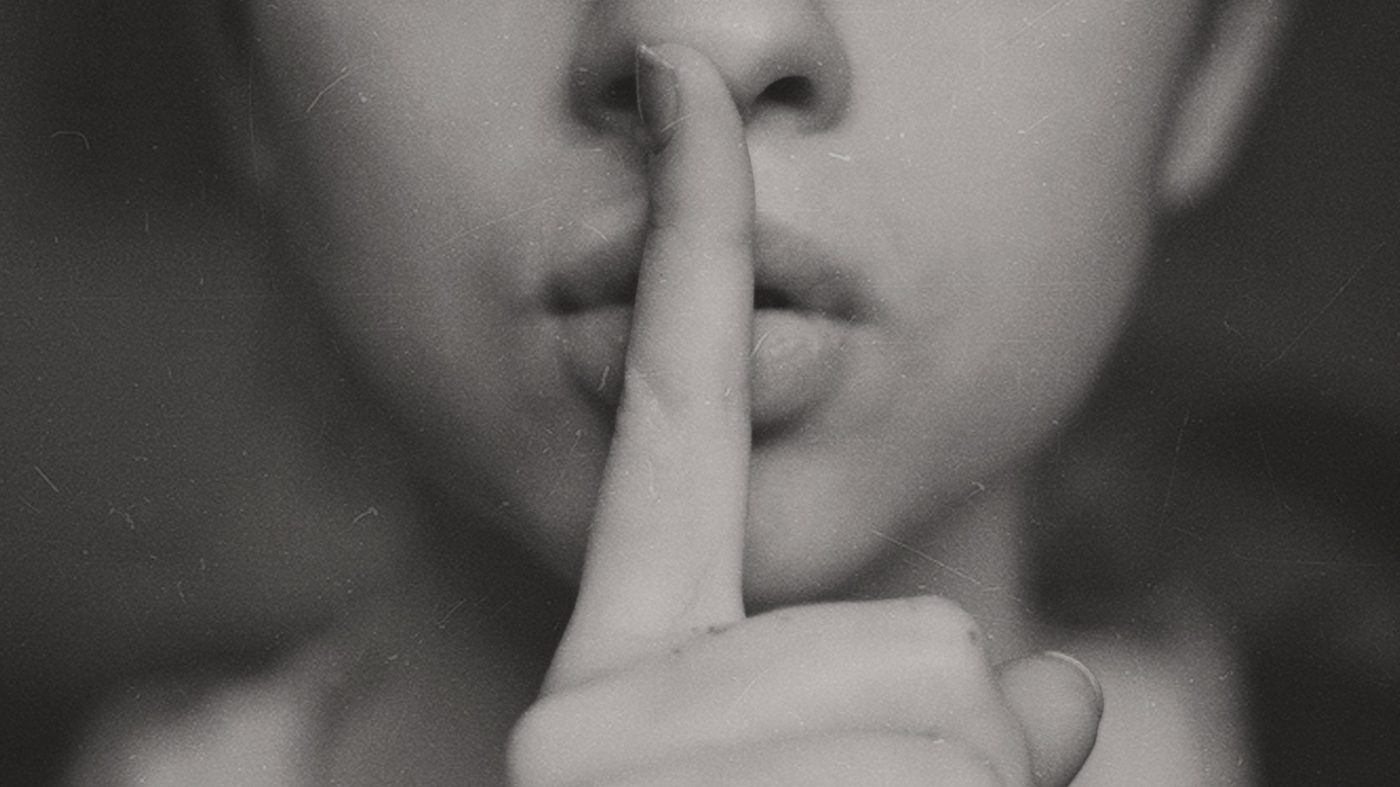Theatre Etiquette 101
When I was an A Level Drama student, my teacher would take us out to see local performances, but only under certain conditions. She made it clear to us, in no uncertain terms, that to eat or talk during a theatrical performance warranted the punishment of immediate death – or worse.
The theatre, she argued, wasn’t its younger brother – the cinema – a venue which in its earliest days was used just as much for lovemaking as it was the viewing of custard pie tosses. It was a venue that deserved the upmost respect and attention. Even if the play was terrible, it needed to be derided with sincere attention.
While a code of total silence in a theatre may sound strict, it’s pretty reasonable given the context. Theatre, at its core, is an illusion. Audiences suspend their disbelief that the space in front of or around them is somewhere else. This suspension can be easily broken by a stray sound, the munching on food or a ringtone.
The only interaction you need with an actor is the response at the end of the play, whether that be thunderous applause or a tepid clap
Furthermore, in an environment where the audience are packed close together in the dark, one phone screen can take rows of people out the experience. But that’s just the audience, and these are all aspects of etiquette which also apply to a cinema. In the theatre, after all, it isn’t just the audience who will be distracted by selfish behaviour.
To have one’s phone out or eat during an actor’s performance only demonstrates to them that they’re not worth your time. This can be deeply hurtful and also distracting as they try to be someone else for your entertainment. Actors often stop and look when phones go off and are fully within their rights to do so. It’s one thing to lambast a terrible performance, or an offensive one, but to just ignore them by texting is rude. No matter how innocent intentions may be, doing something as basic as eating simply demonstrates that your needs come before the performance, and that you don’t know how to time your hunger for the interval. The only interaction you need with an actor is the response at the end of the play, whether that be thunderous applause or a tepid clap.
To disturb others or to be apathetic in a way which can be observed is disrespectful to those around you
There are arguments made that the way we watch theatre is suffocating, and that human behaviour shouldn’t be switched off in the theatre. In certain contexts, the connection between audience and performer is far more vital. In concerts, audiences are often free to sing along and someone on their phone wouldn’t break the atmosphere. In pantomime a core aspect is the idea that the audience is just as much a part of the show as those performing. Stand-up comedians may interact with their audience. Even film festivals have segments wherein audiences can be vocal. Bad movies, such as The Room, are screened in environments where the audience are able to recite every line out-loud. The key is to remember you are there for a reason, and that to disturb others or to be apathetic in a way which can be observed is disrespectful to those around you and those putting their time and livelihoods in front of you.
In the end whether you are vocal during a play comes down to the nature of the performance and the context in which you are watching someone’s art. If you’re unsure, then check ahead of time as to what kind of show you’re watching. If sitting still in silence isn’t your thing then it’s potentially the case that viewing live theatre isn’t for you. Even if you have the wittiest line to shout out in a play, there is a good chance only you will enjoy it.

Comments